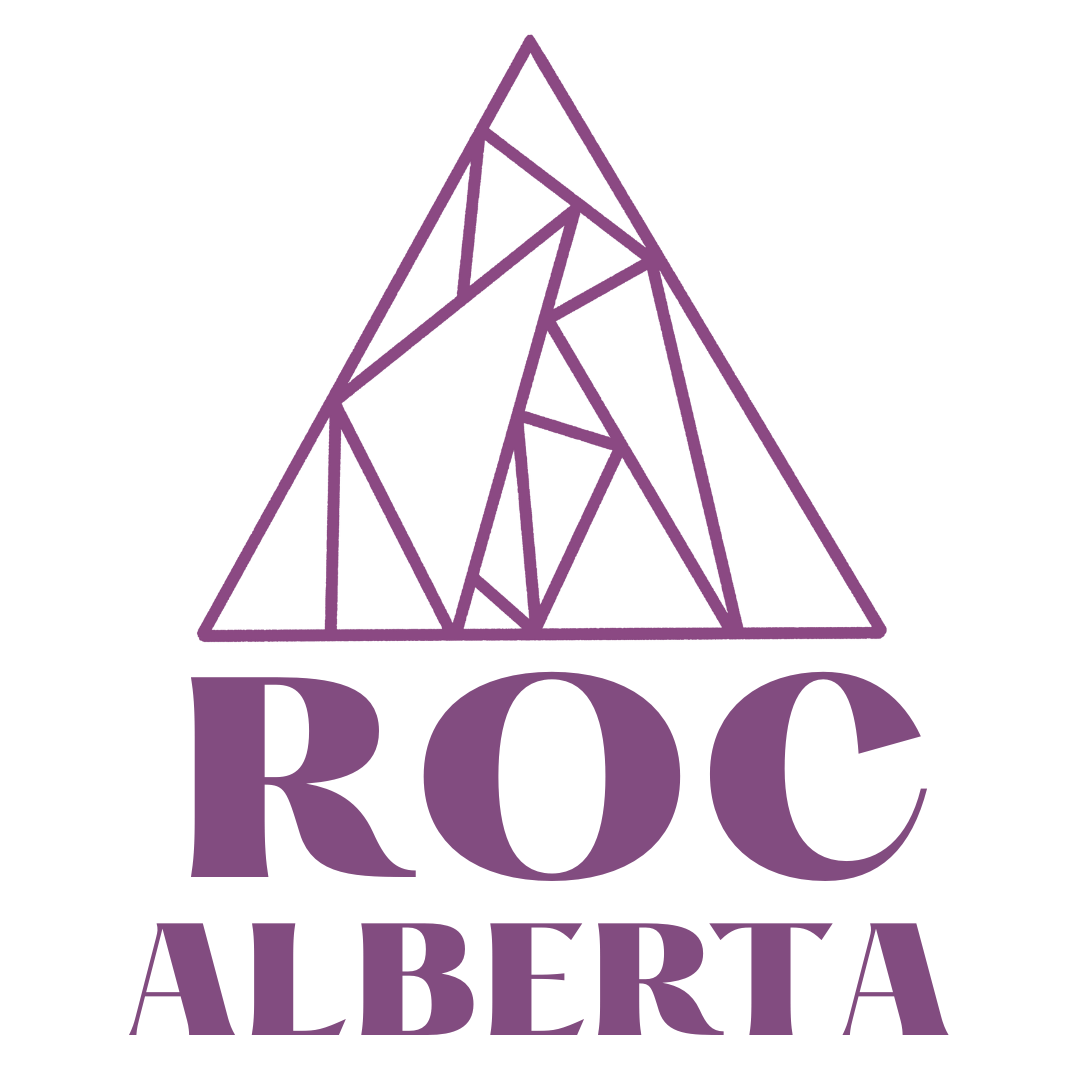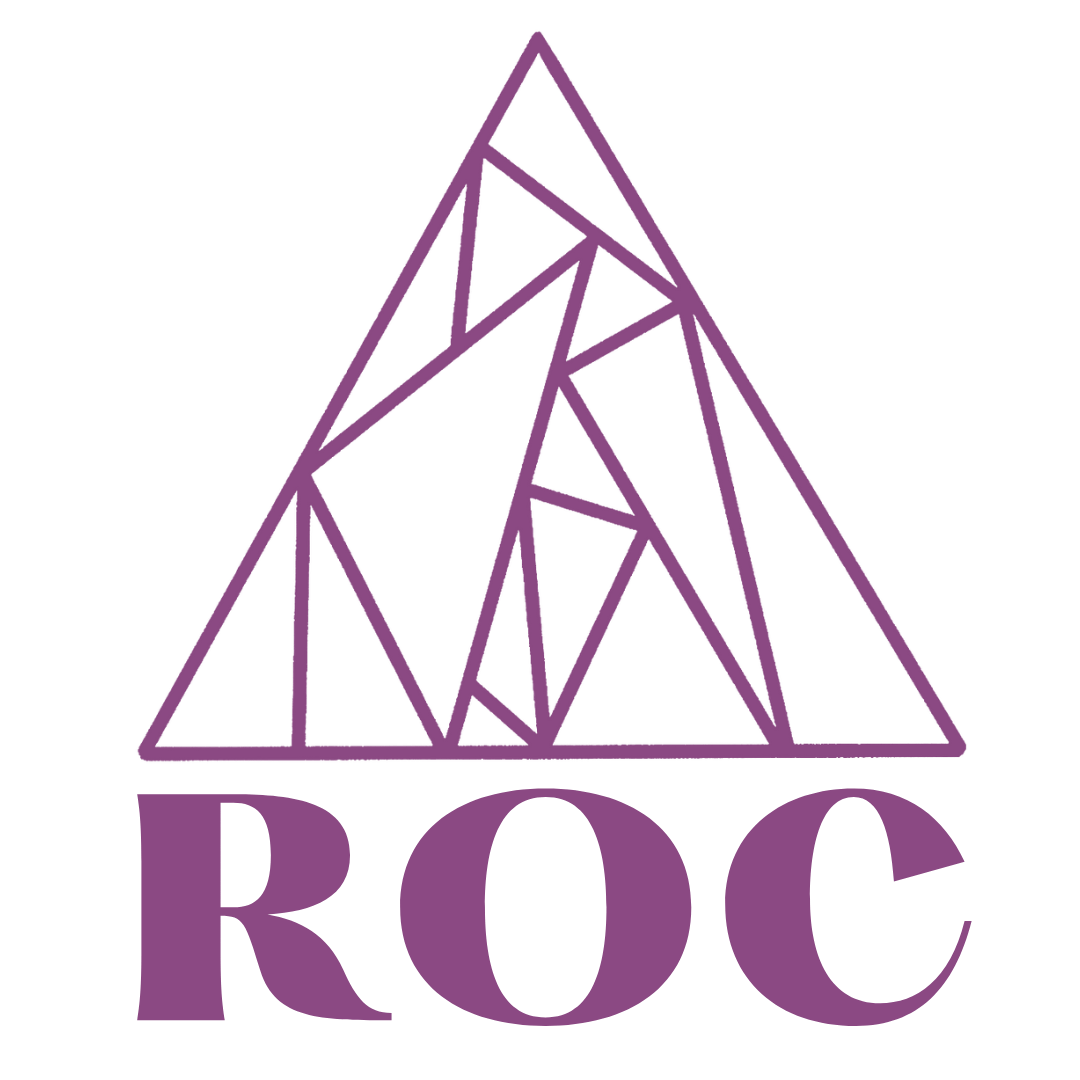My Recovery Story
We at ROC want to share and celebrate recovery stories in hopes of inspiring other individuals. 'My Recovery Story' is a space where people with lived experience can share their stories, experiences, journeys and insights. Our goal is to eliminate the stigma people in recovery often face and show that recovery is possible.
New Paragraph
Mansel Waskewitch
We sat down to talk with Mansel Waskewitch, a student Lakeland College Canada about his recovery journey.
"I grew up being a man, thinking I don't need help, 'you can do it yourself'. And what I did myself was drink."
After +20 years of drinking, Mansel decided to start asking for help. As soon as he understood that there was help, Mansel began his sobriety journey. Watch Mansel tell his story.
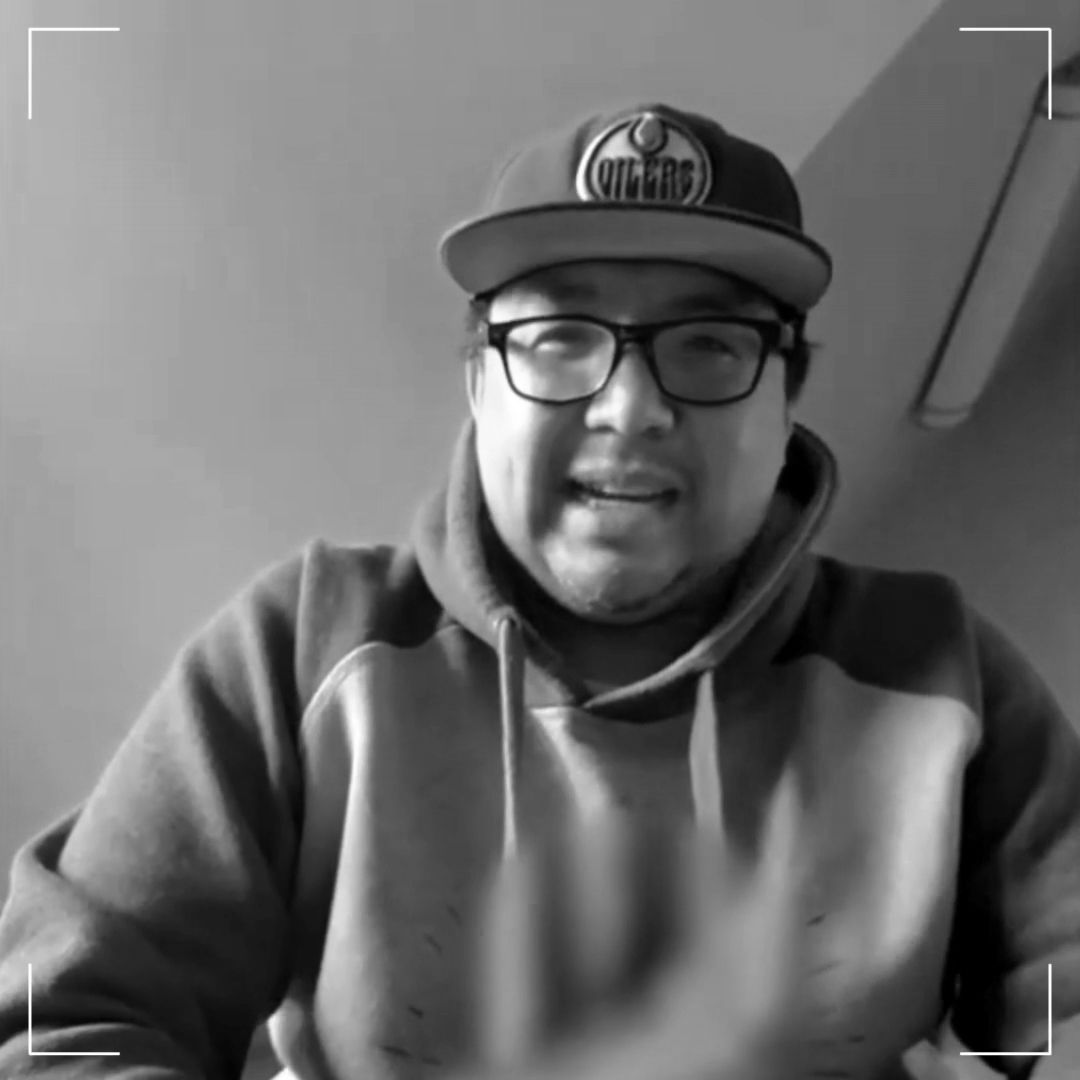
New Paragraph
Teneaka Laboucan
I am Teneaka Laboucan, a ROC Recovery Champion Award winner, a First Nations Indigenous of Northern Alberta, a mother of 3, spouse, and an addict in recovery.
This year I will be celebrating 6 years of sobriety.
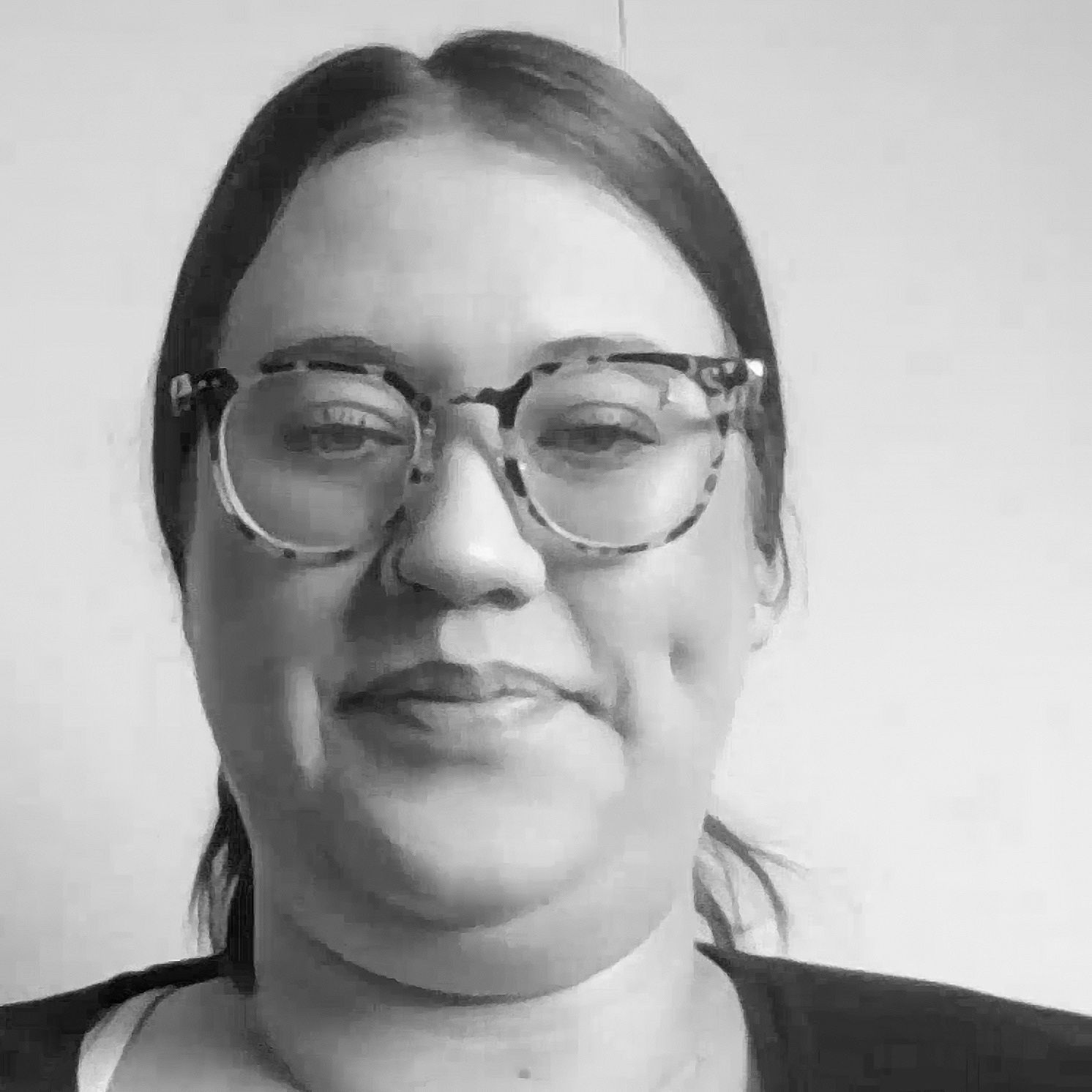
New Paragraph
Kurt Blind
I am Kurt Blind, I am Nehiyaw (Plains Cree), from George Gordon First Nation. I was born in 1968.I attended Gordon Indian Residential School 1974-1984.
I left George Gordon’s in 1984, rarely going back to my traditional lands out of shame, fear, anger and resentment. At age 15 I moved to Saskatoon, Saskatchewan and began experimenting with substance misuse.
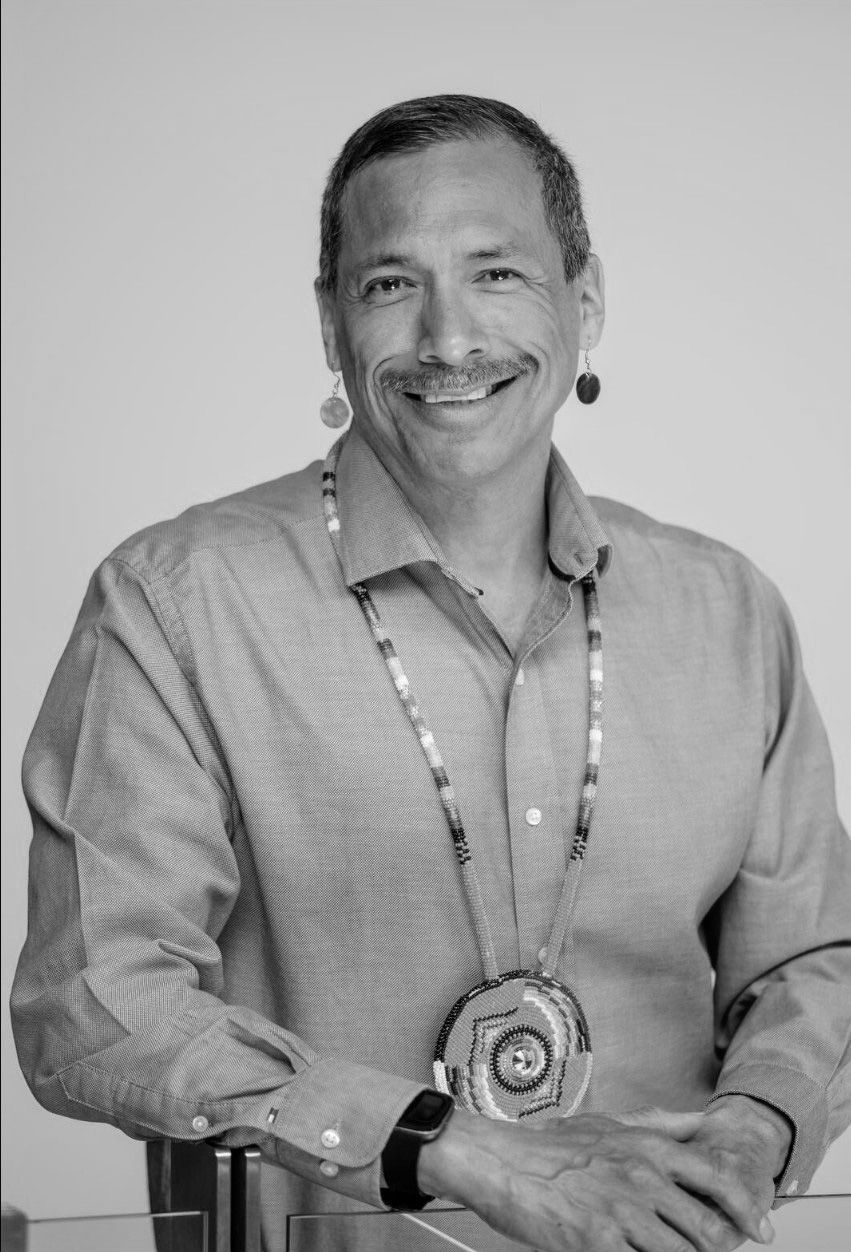
New Paragraph
Zoltan Varadi
Hello, my name is Zoltan, and my drug of choice is More.
Thankfully, it’s been 21.5 years since I’ve awoken in a spot. I’ve achieved this remarkable feat of well-being by never, ever having a drink.
That said, some forms of More are, well, more deleterious than others. In my case, that’s alcohol.
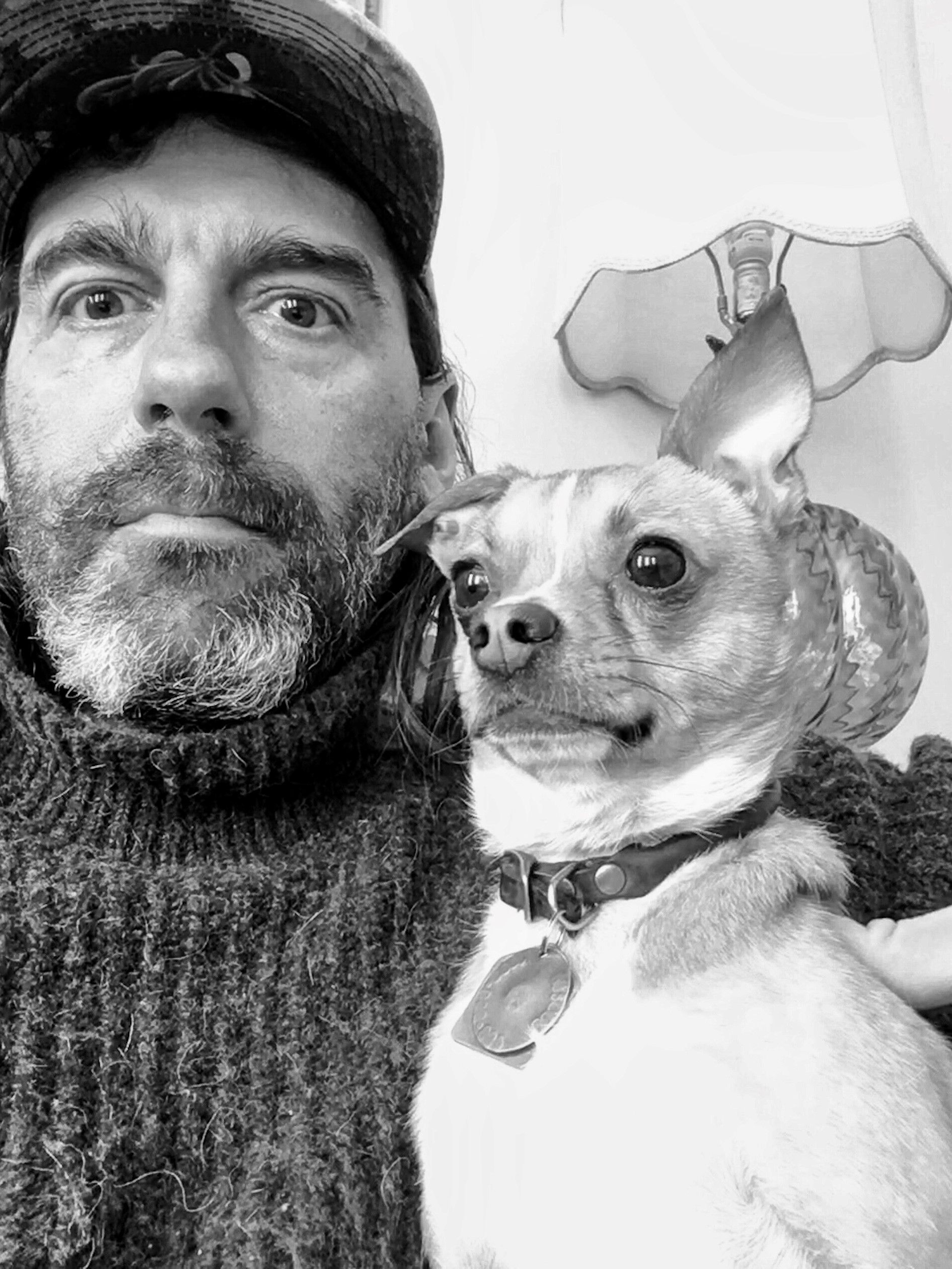
New Paragraph
Kayla French
My story of addiction is not a single event that occurred, rather a series of events that led me to coping negatively to adverse childhood experiences. I grew up in a middle-class family where I was afforded many privileges until this picturesque family fell apart because I also came from a family who did not understand their own addictions.
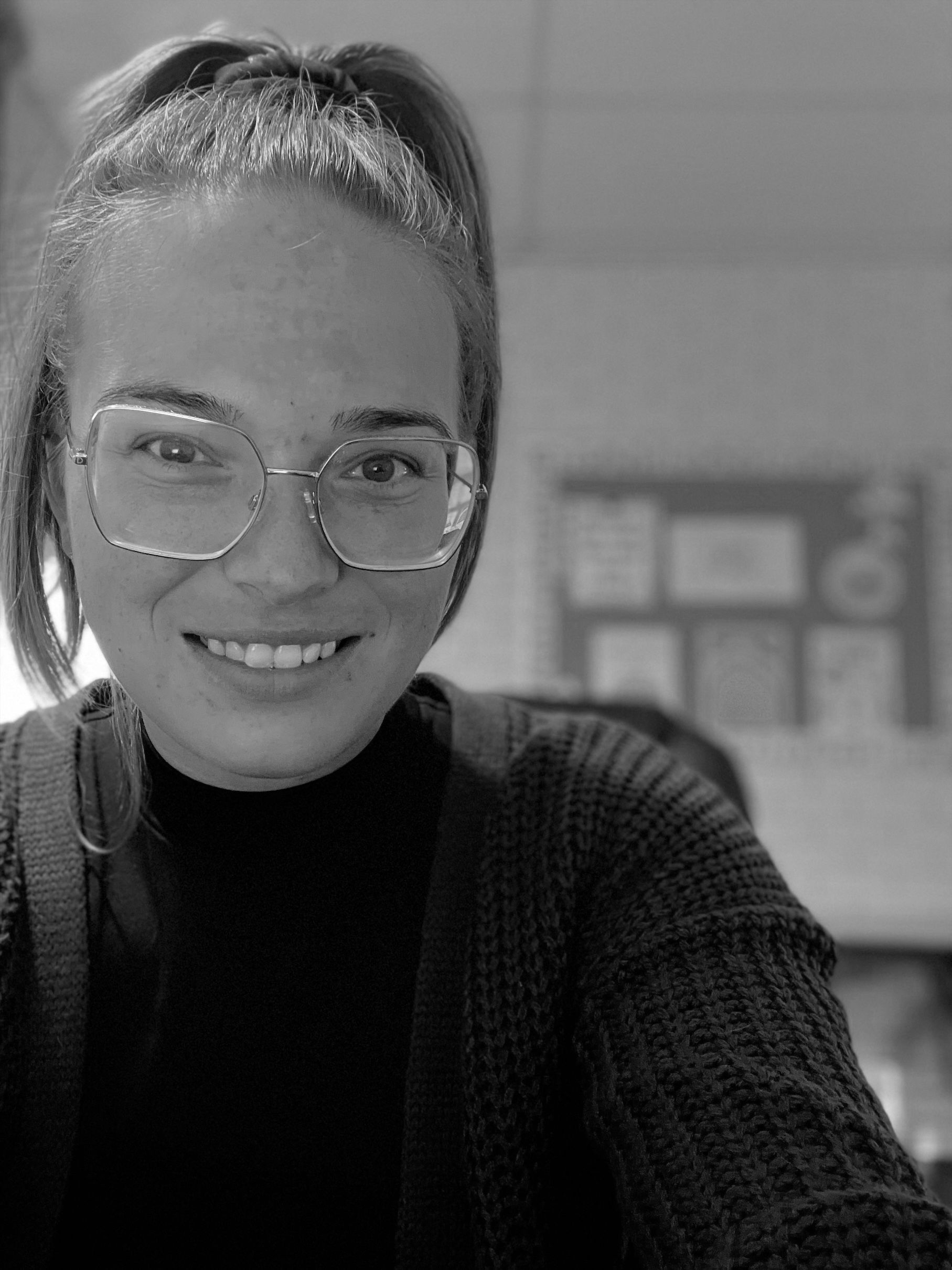
New Paragraph
Holly
A little openness and honesty about the trials and tribulations in your life can help you and others – something I didn’t realize until I participated in Canadian Mental Health Association’s School of Peer Support Recovery College. It was a safe space to process things that I had been through with others who were caring and supportive. The feelings of isolation when battling our inner demons dissipated.
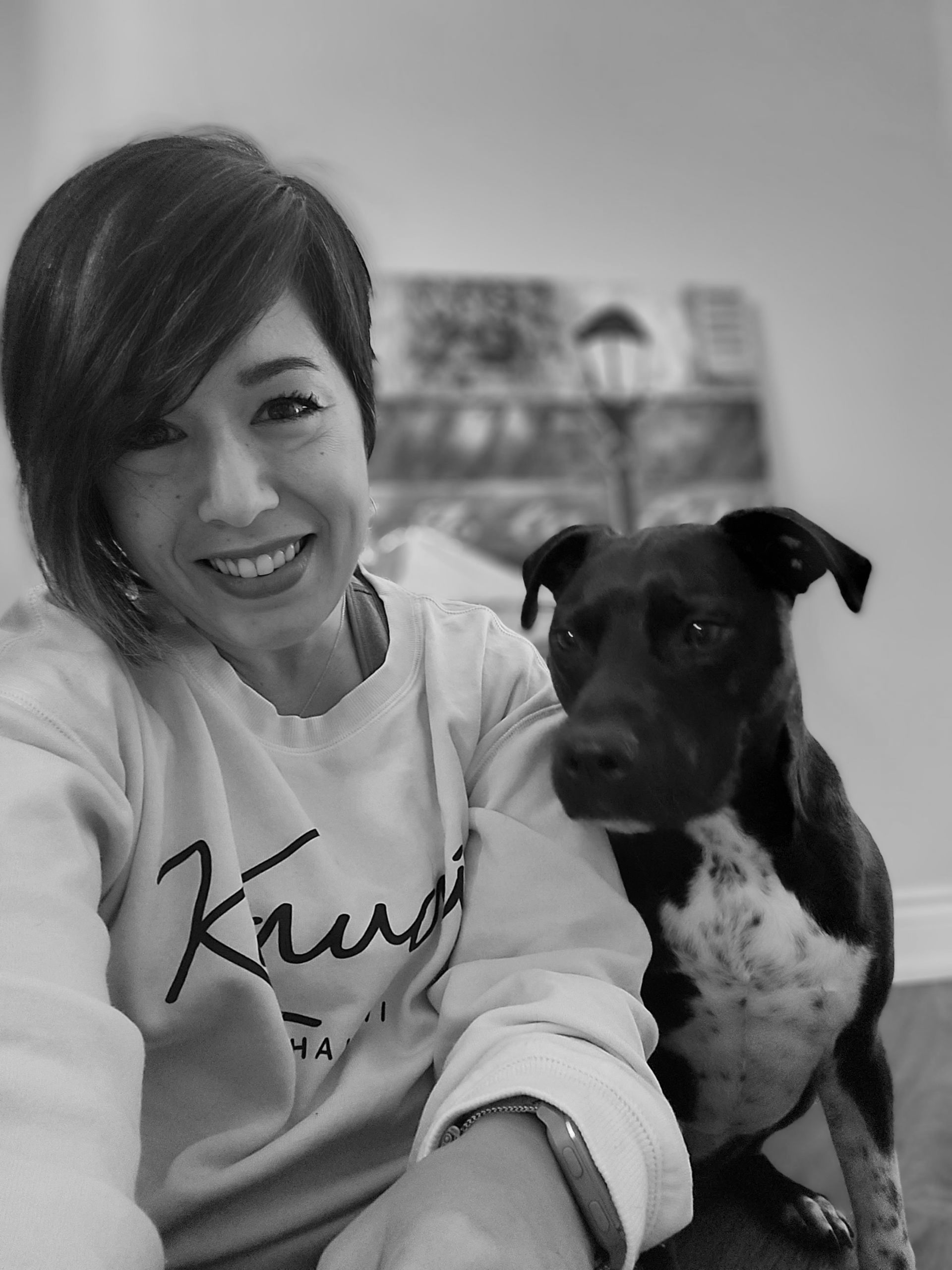
New Paragraph
Jenny Godley
Hello! My name is Jenny. I had anorexia when I was 11, and I was diagnosed with severe depression in my early 20s. It took some time and several psychiatrists to work out the correct medication for me, but eventually we found it. I have been taking anti-depressants for over thirty years now. Depression is part of my life, part of who I am, but it does not have to rule my life.
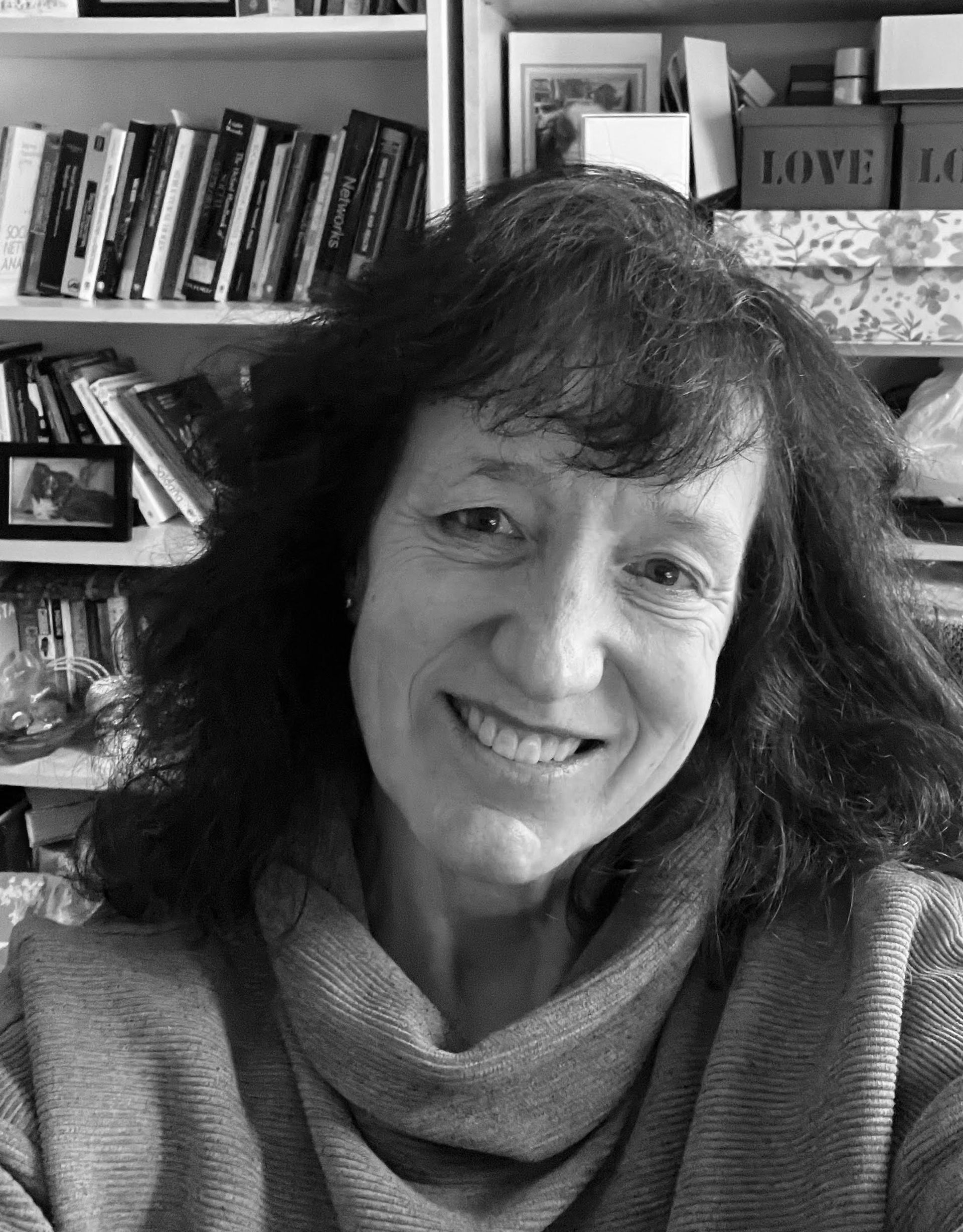
New Paragraph
Corey Whitecap
My name is Cory and I’m a recovering addict. On August 29, 2006 I walked into my recovery and I have been working on it since. I am a Sixties Scoop survivor, and both my parents were residential school survivors. Because there were no services available to Native people back then, they both turned to addiction to cope with their experiences, and I was lost to the system when I was 6 months old.
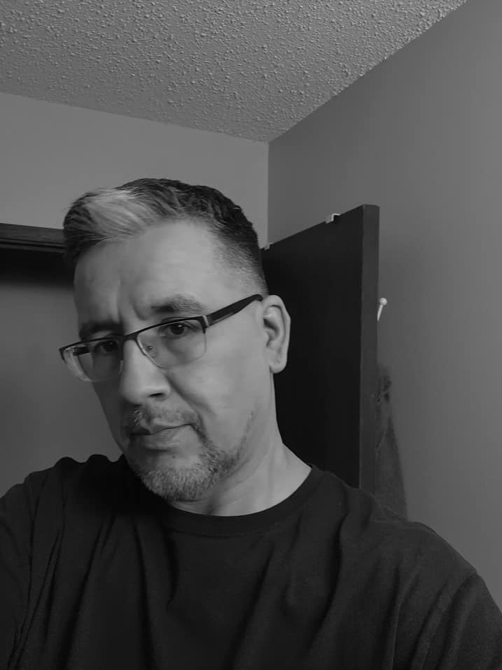
Liam Sorrenti
“Spring of 2018, I boarded a small plane to Prince George, B.C. at 630am with my aunt, uncle, their two close friends, and my typical daily hangover. I was invited to be a facilitator and support coach at a 4-day retreat that was hosted by my aunt and uncle’s friend who had spent the last few years learning and working alongside remote Indigenous nations in northern BC and had created a recurring wellness retreat.
Chelsie Graham
“Hi, my name is Chelsie, and I am a recent graduate of U of C’s Bachelor of Social Work, a registered social worker, and, like ROC Team Member, Noor, a dog mom!
I am the child of parents who experience problematic relationships with alcohol and have since I was very young. Because of this, my thoughts and feelings towards substance use and addiction were coloured darkly by experience and misconceptions about addiction.
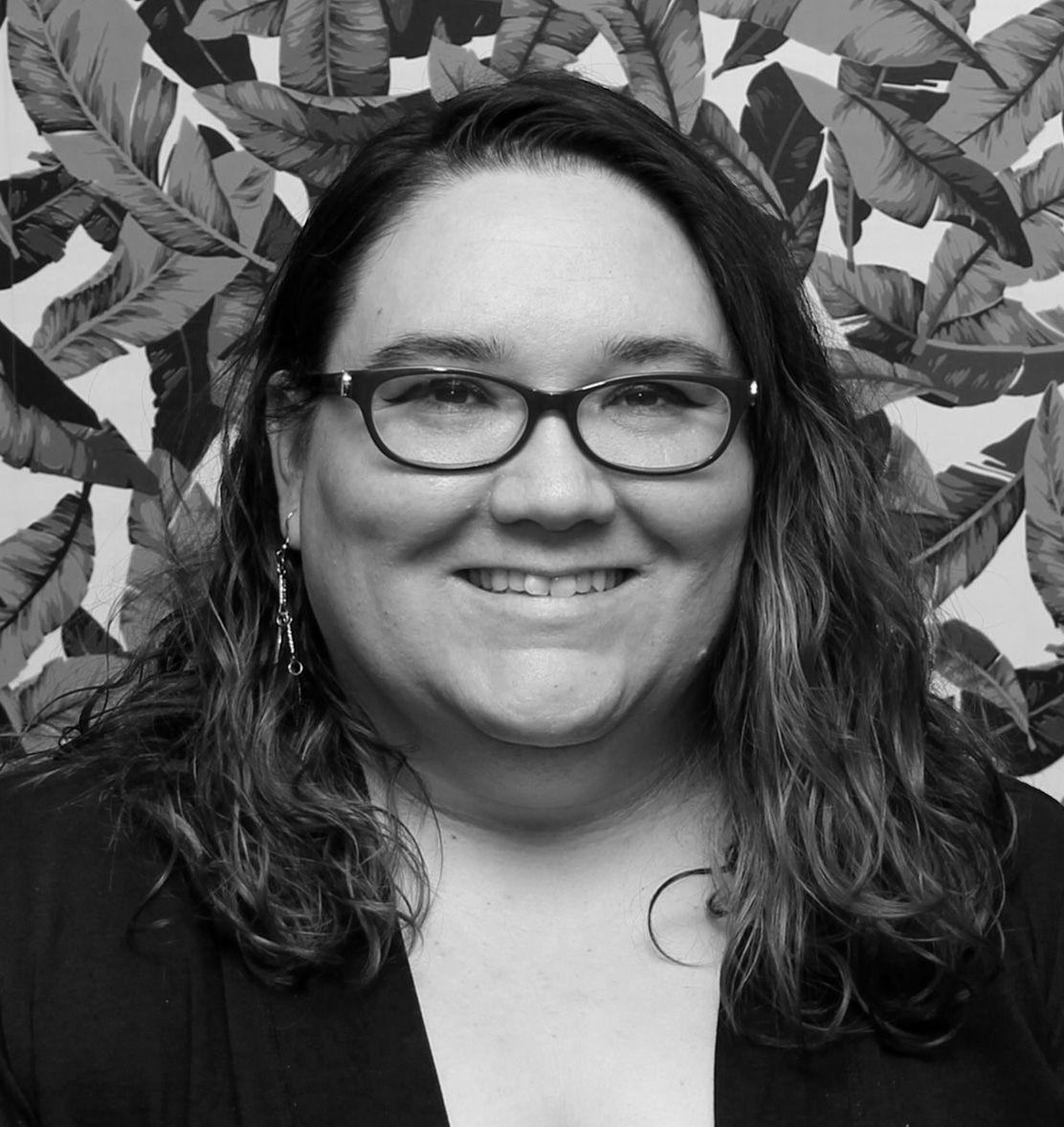
Everyone deserves the opportunity to pursue recovery
UCalgary Recovery Community is the Coordination Hub of Recovery on Campus. Supporting them is supporting us, donate now
LAND ACKNOWLEDGEMENT
We acknowledge the traditional territories of the people of the Treaty 7 region in Southern Alberta, which includes the Blackfoot Confederacy (the Siksika, Piikani, and Kainai First Nations), the Tsuut’ina First Nation, the Stoney Nakoda (the Chiniki, Bearspaw, and Wesley First Nations), and Métis Nation of Alberta, Region III.
